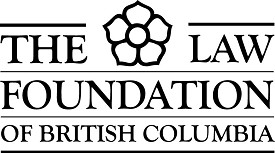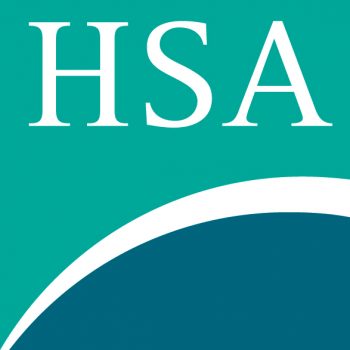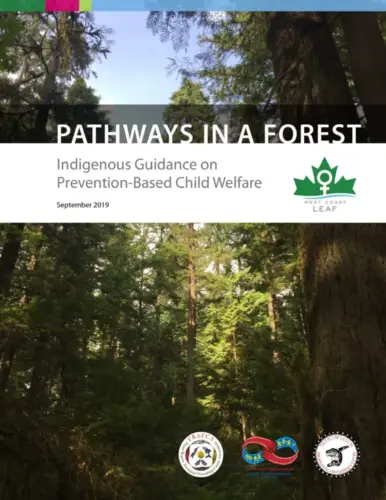
Shifting the Child Protection System
Read the report: Pathways in a forest
Released in September 2019, Pathways in a Forest: Indigenous guidance on prevention-based child welfare is a law reform report growing out of the Shifting the Child Protection System project. It was created collaboratively by West Coast LEAF and the families, Elders, and staff at Tillicum Lelum Aboriginal Friendship Centre, Lii Michif Otipemisiwak, and the Fraser Region Aboriginal Friendship Centre Association.
The report highlights efforts by Indigenous families, communities, and Nations to revitalize Indigenous approaches to child welfare, develop comprehensive community-based supports, and fight for self-determination. It centres the voices of 64 caregivers who share their stories of fighting to keep their children out of government care.
About the project: From apprehension to prevention and support for families
For decades, Indigenous advocates across Canada have been calling for changes to the child protection system. Countless reports have highlighted how the current apprehension-focused system is harming Indigenous children, families, and communities. West Coast LEAF joins the chorus of voices calling for the legislative and policy changes necessary in BC to shift the system’s focus from apprehension to prevention: Our provincial child protection system should support families to stay together and thrive with the support of community-based services, supports, and resources.
In fact, the legislation governing the child protection system already mandates this approach. In BC, the Ministry of Child and Family Development’s (MCFD) legislative mandate under section 2(c) of the Child, Family, and Community Service Act (CFCSA) is as follows: “if, with available support services, a family can provide a safe and nurturing environment for a child, support services should be provided.”
However, the alarming overrepresentation of Indigenous children in the child protection system reveals deep systemic problems. Indigenous children are often removed from their families and communities due to a judgment that their families are “unable/unwilling to care,” which often is directly correlated with the poverty Indigenous families experience and the fact that they are not receiving the supports they require to thrive. The system, as it currently operates, is engaged in separating families unnecessarily, an extension of colonial power exerted in Indigenous communities over time.
Shifting the Child Protection System is a year-long law reform project to assess whether MCFD is meeting its obligations under section 2 of CFCSA to provide the necessary supports to families to ensure that parents are able to exercise their right to parent and that children’s best interests are met.
What we’re doing
We are grounding our process in relationship building with Indigenous communities across the province to learn about their experiences with the child protection system. To guide this project, we are working alongside experts including parents, family members, front-line staff, and Elders.
Through this project, West Coast LEAF is further developing our institutional process of working in community. We are committed to ensuring that community voices shape this project’s report and resulting recommendations. Our role is to amplify the ongoing advocacy of families and service providers.
The Project Advisory includes representatives from First Nations, friendship centres, delegated agencies, lawyers, and the BC Association of Social Workers. Their role is to help guide our process, research, relations, and to share their expertise and insight.
The following organizations generously hosted our project staff to facilitate community dialogues on the lived experiences of those who have accessed or who have faced barriers accessing prevention services, including:
- Tillicum Lelum Aboriginal Friendship Centre: Since 1968, Tillicum Lelum has served Indigenous people living in the Nanaimo area, on unceded Snuneymuxw First Nation territory. They work with community by providing housing facilities and holistic programs that address the physical, mental, emotional, and spiritual needs of the community.
- Fraser Region Aboriginal Friendship Centre Association (FRAFCA): FRAFCA offers services to the urban Indigenous people in Surrey on the unceded land of the Fraser Salish People. FRAFCA aims to provide a place of support, healing, and advocacy for people from birth to death.
- Lii Michif Otipemisiwak (LMO): Located in Kamloops, on unceded Secwepemc (Shuswap) territory, LMO provides child protection and support services to the local Métis population. The team at LMO is transforming services and improving outcomes for families by doing this work according to traditional Métis values.
The West Coast LEAF project team is bringing together what we are learning from the dialogues, our legal research, and a survey we are conducting with front-line service providers to collaboratively develop recommendations for MCFD, and other key stakeholders and decision-makers.
Building on our history
This project builds on work we have done around the Right to Parent. Our 2016 report High Stakes: The impacts of child care on the human rights of women and children analyzed the human rights consequences of BC’s inadequate child care system, highlighting the increased likelihood of child apprehensions when high-quality, culturally appropriate, affordable child care is out of reach.
As a result of that report, in 2017, we undertook research aimed to document the implications of rights violations stemming from the current state of child care in the province on Indigenous women and children, particularly as relates to (over)involvement in the child protection system. This internal report highlighted the experiences of Indigenous women, summarized our research findings, and set out potential strategies to address the systemic failures.
Learn more about our previous work connected to the Right to Parent, such as the intersection of child protection services and parenting with disabilities here and our call to action to the Attorney General to uphold the legislative mandate of the CFCSA.
This project is made possible by generous funding from:


